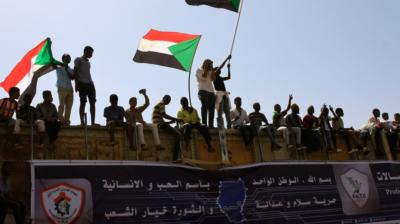Sudan peace agreements: Current challenges and future prospects
How to cite this publication:
Abdel Ghaffar Mohamed Ahmad (2010). Sudan peace agreements: Current challenges and future prospects. Bergen: Chr. Michelsen Institute (Sudan Working Paper SWP 2010: 1)
Since achieving independence, Sudan has been burdened with many conflicts which have hindered its economic, social and cultural development. While some of these problems can be attributed to colonial polices within the country, many have been created by the post-independence governing elite. Several attempts have been made to resolve conflicts by way of agreements which have either been partially implemented or abrogated by one of the signatory parties. At present, the country is at a crossroads and faces the danger of disintegration if the latest peace agreement, namely the Comprehensive Peace Agreement (CPA) of 2005 is not implemented. Many scenarios for addressing the challenges and future prospects that the country faces can be entertained depending on the political will of its major political actors, including: a) halting implementation of the CPA with all the expected consequences which that entails; b) holding the referendum scheduled for 2011 on time, thereby leading to agreed unity or secession, and c) secession, which will either be agreed to or contested. A proposal for extending CPA implementation is currently being debated to allow time for all parties to rethink their position and consider other possibilities such as agreeing on a confederal arrangement.






